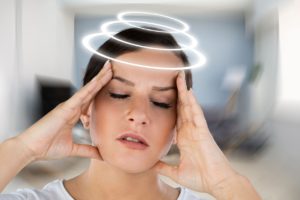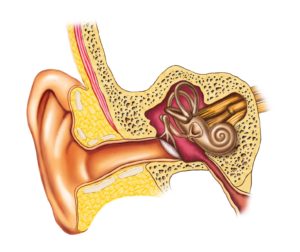 Do you experience dizziness? Do you feel the world is spinning when you get up from lying down? Maybe you have been told you have vertigo?
Do you experience dizziness? Do you feel the world is spinning when you get up from lying down? Maybe you have been told you have vertigo?
If you answered yes to any of the above, you may benefit an assessment from one of our vestibular physios. There is a high chance you are experiencing these symptoms due to your vestibular system not working efficiently. Anna and Lauren have undergone training to assess and treat certain vestibular conditions.
You may be wondering – what on earth is this ‘vestibular system’?!
Your vestibular system is the name given to part of your inner ear which is responsible for providing your brain with information about motion, head position and where your body is in relation to space. It essentially keeps us balanced and steady, stabilises our head and body as we move and also works closely with our eyes to help stabilise our gaze as we move our head. When your vestibular system isn’t functioning as it should, it can really cause havoc and you will likely experience lots of unpleasant symptoms.
What are symptoms of a dysfunctional vestibular system?
In most cases you may experience:
– Dizziness
– Vertigo
– Feeling off balance, unable to walk straight
– Visual disturbances
Due to the symptoms above you may also as a result experience:
– Nausea and/or vomiting
– Reduced concentration
– Fatigue
– Anxiety and depression are also common consequences of having a vestibular disorder to the impact on daily living and quality of life.
What is the difference between dizziness and vertigo?
Quite often these terms get used interchangeably but did you know there is a difference between these two sensations?…
Dizziness- Lightheaded, feeling off balance, uncertainty of where you are in space.
Vertigo- Sensation of self-motion when no self-motion is occurring, or the sensation of distorted self-motion during an otherwise normal head movement. Sometimes like a spinning sensation.
What are common conditions affecting the vestibular system?
• Benign Paroxysmal Positional Vertigo (BPPV) – this is the most common cause of vertigo.
Benign: non-dangerous or likely to cause lasting effects
Paroxysmal: rapid onset, reaches a peak then slowly goes away
Positional: triggered by changes in head position
Vertigo: abnormal sensation of movement- world or self
– Often things like getting in and out bed, rolling over in bed, washing your hair in shower, bending over in garden can trigger this
– BPPV in short is a result of small crystals of calcium carbonate that have fallen off from their usual ‘home’ and drift into the small semi-circular canals of your inner ear causing abnormal stimulation of nerve endings in your ear
– The good news?… This condition is very treatable using particle repositioning maneuvers
– BPPV can return at any stage with experts having no known reason why this happens. It is important that you don’t limit your normal activities in fear of this returning as there is nothing that can be done to stop recurrence.
• Vestibular Hypofunction
Vestibular: inner ear balance system
Hypofunction: not functioning at 100%, i.e. underperforming so not sending correct balance signals to your brain.
– Can occur to one or both sides and can be complete or partial
– Causes include damage to the nerve or balance organs themselves or underlying infections and head injuries.
Fun Fact!
Your vestibular system is at full adult size and function when you are only 22 WEEKS in uterus! How amazing, one of our earliest established body systems.
How can Vestibular physio help me?
In vestibular physio we aim to assess the underlying cause of your symptom through thorough questioning. Once we know more about your symptoms, we will run you through some special testing. These tests have a high chance of bringing on your symptoms which can be unpleasant, but this allows us to choose the best treatment option and once treated your symptoms can significantly reduce, or hopefully completely resolve!
We will also likely give you exercises (classic physio!). These exercises may be to help with your gaze stability, balance impairment and overall movement. We will give you advice and education on how to pace yourself at home, modify day to day activities and may speak to you about ‘habituation’ – another technique that can help you live day to day life with symptoms that may not be treatable.
If you, or someone you know is experiencing dizziness or vertigo (or any of the above symptoms!) then give us a call on 03 443 1711 or book online and book in to see Anna or Lauren for a vestibular assessment!
